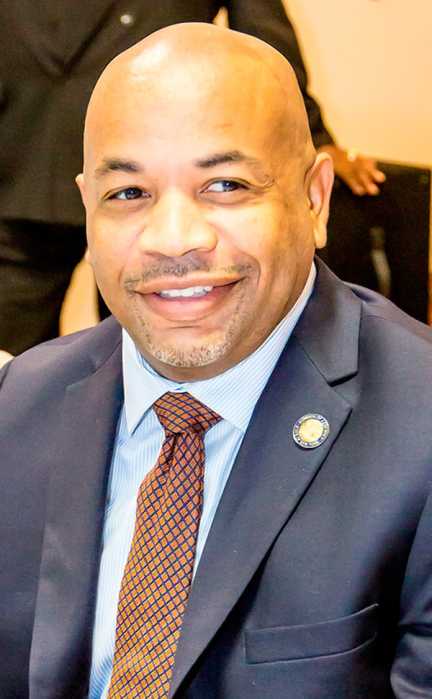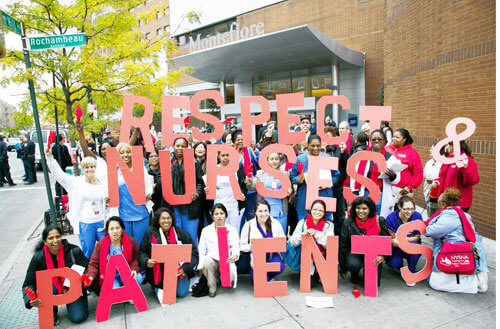The New York City Council passed a package of bills today that will protect small businesses impacted by the COVID-19 pandemic.
Bronx Councilmen Ritchie Torres, Mark Gjonaj and Andrew Cohen all had legislation approved. The measures will remain in effect for the duration of the state of emergency and an additional 90 days thereafter.
Gjonaj, the chair of the small business committee, sponsored four bills, including two that would cap the amount of commission a third-party delivery service is allowed to charge at 15 percent per order for delivery and 5 percent per order for all other types of charges. Another bill would prevent third-party delivery platforms from charging restaurants for telephone orders that did not result in a transaction.
Restaurants have seen a decline in patronage and have been forced to alter operations and stop dine-in orders, which posed additional costs. Gjonaj felt that the commission cap would bring a boost to restaurants as currently paying up to 33 percent on food orders.
“Today, the New York City Council took an historic step in standing up for locally owned restaurants that are struggling to stay afloat during the COVID-19 public health crisis,” Gjonaj said. “By capping the sky-high commissions charged by third-party food delivery platforms and banning these platforms from charging for phone orders that never actually happened, the City of New York has taken decisive action to stand up for small businesses who only ask for a fair shot.”
Late last year, 31 members of the City Council signed a letter asking one of the delivery companies to stop the predatory practice of charging restaurants for orders that never took place or face “legislative solutions.” That company choose not to take sufficient steps to end the practice, which pushed the council to take action.
“There is little doubt that the passage of these bills will save restaurants and jobs,” Gjonaj said. “And while I am grateful that we are providing this much-need and immediate relief to restaurants looking for a lifeline during this pandemic, I remain confident that we will pass the full slate of third-party food delivery reform legislation that was introduced earlier this year. This includes enacting a permanent cap on commissions and prohibiting erroneous phone order charges.”
Sidewalk Fees
Cohen, chair of the Consumer Affairs and Business Licensing Committee, sponsored a bill that would require the city to waive and/or refund all revocable consent fees for unenclosed sidewalk cafes due between March 1, and Feb. 28, 2021. Enclosed sidewalk café consent fees would be waived for the duration of the Mayor’s Emergency Executive Order.
Though sidewalk café consent fees vary depending on the size, location, and whether it is enclosed or unenclosed, they cost businesses citywide thousands of dollars annually. Most restaurants pay these fees in a four-part installment plan over a one-year period at a monthly interest rate of 1.5 percent. Given the significant losses restaurants have suffered, many will not have the ability to pay the remaining payments.
“I am grateful to Speaker Johnson, my colleagues in City Council, and small business advocates for taking swift action on this legislation and commitment to supporting our businesses through this crisis and beyond,” Cohen said. “With so many restaurants, bars, and other establishments in the hospitality industry ordered to close, New York’s small businesses are in urgent need of the City’s help. These businesses have always been the lifeblood of our City and they will play a central role in the City’s recovery.”
Harassment
Torres, chair of the Council’s Committee on Public Housing, sponsored a bill that will expand the definition of harassment to include threats against an individual based on their status as a COVID-19 impacted person, their status as an essential employee, or their receipt of a rental concession or forbearance. Violations of this legislation would be punishable by a civil penalty of $2,000 to $10,000.
“Harassment and retaliation against COVID-19 impacted tenants pose an urgent risk, and tenants must be protected against unscrupulous landlords during these extremely difficult and uncertain times,” Torres said. “This bill will make harassing a tenant based on their status as a COVID-19 impacted person, illegal. We need strong tenant protections in place to ensure everyone who has a home is able to keep it.”





















